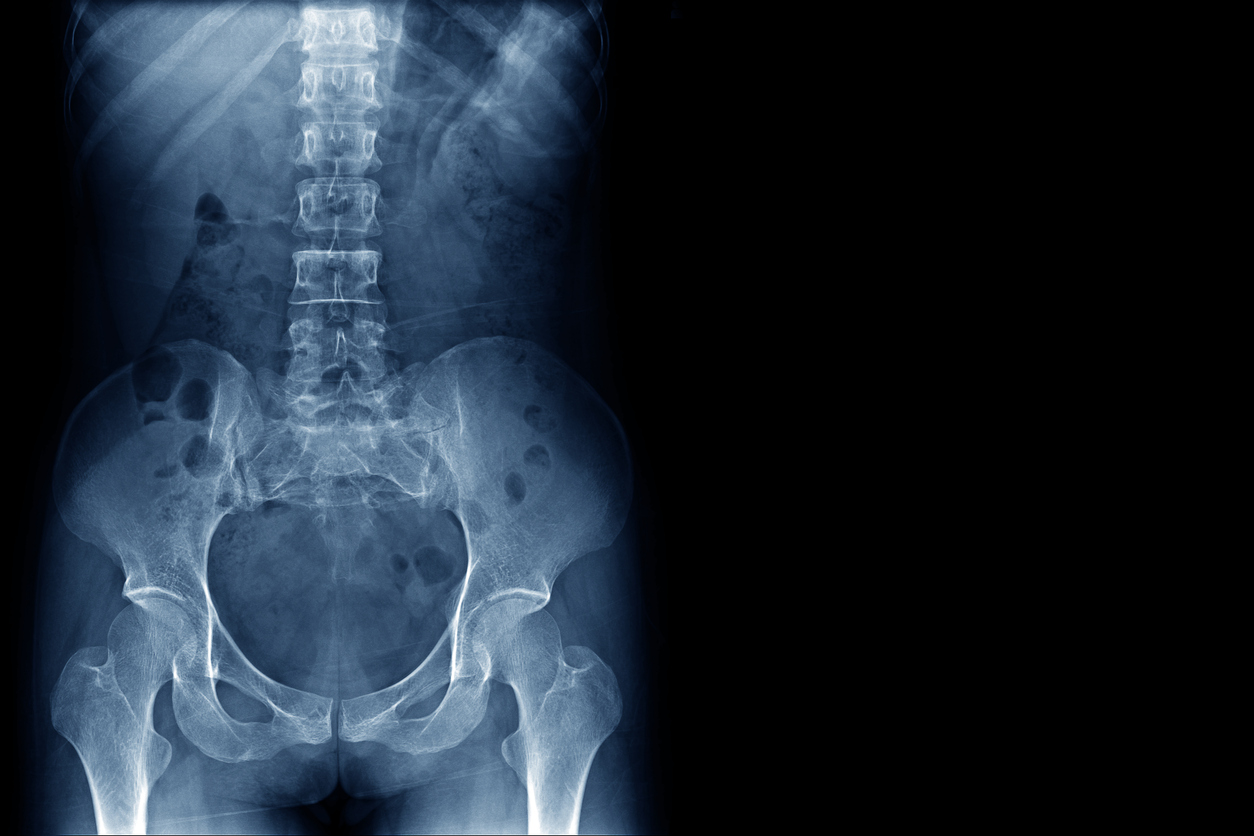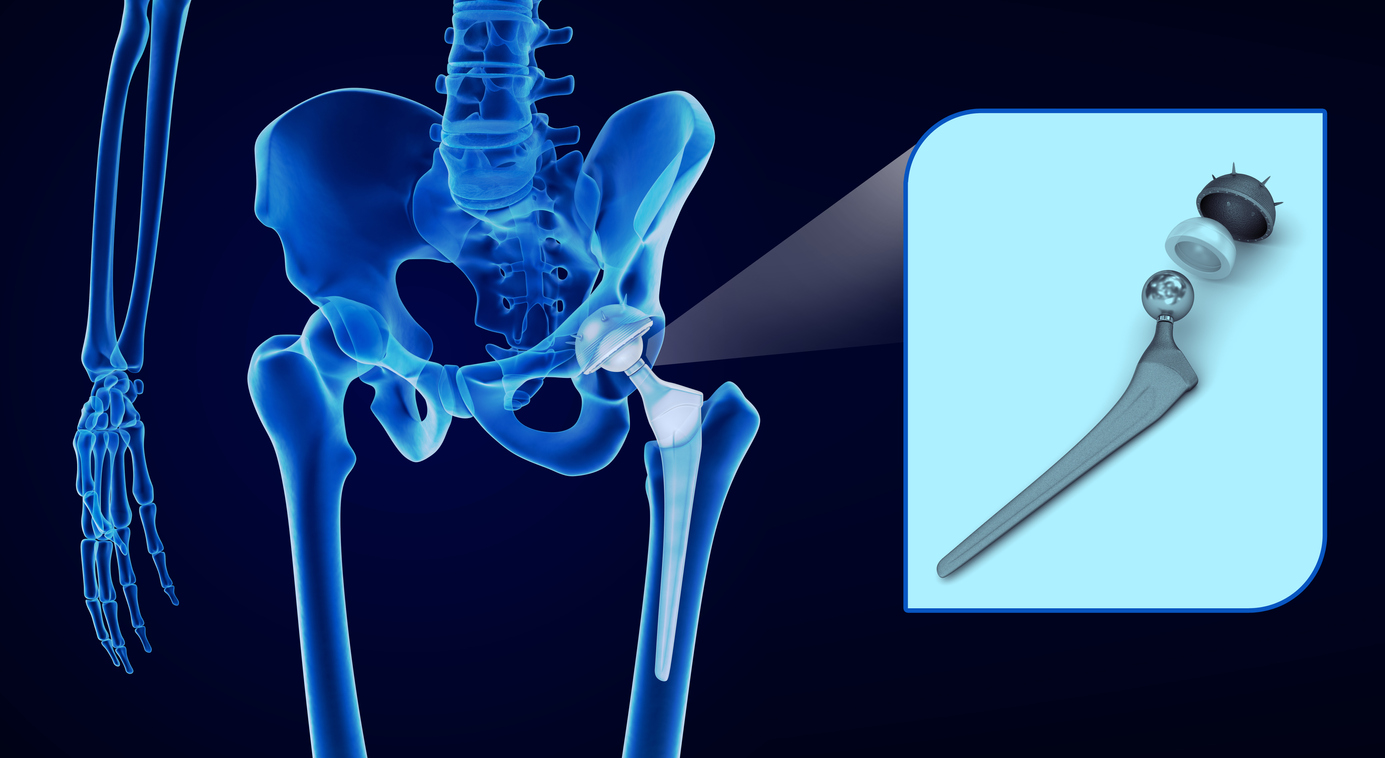Treatments
What Information Should be Disclosed to an Anesthesiologist Prior to Surgery?

What is anesthesia?
Anesthesia is the use of anesthetic medications (drugs that induce loss of feeling) in a health care setting to prevent pain during surgical procedures. Medical sedation, or monitored anesthesia care, involves the administration of sedative drugs (drugs that induce sleepiness and relaxation) in a medical setting. Anesthetics and sedatives are commonly used together to ensure comfort and prevent pain during surgical procedures.
Anesthesia is given by an anesthesiologist or certified registered nurse anesthetist (CRNA). In many cases, the anesthesiologist and CRNA work as a team. An anesthesia care team closely monitors blood pressure, heart rate and rhythm, body temperature, and oxygen levels throughout a surgical procedure.
Types of anesthesia
There are several types of anesthesia: local anesthesia, regional anesthesia, and general anesthesia (GA). Depending on the type of anesthesia, anesthetics are absorbed through the skin (local anesthesia), injected into a clump of nerves (local or regional anesthesia), injected into a vein (GA), or inhaled through a mask or tube (GA). General anesthesia induces a deep sleep-like state; it also induces amnesia (unable to remember what happened), analgesia (unarousable to painful stimuli), and temporary muscle paralysis. The anesthesia care team works with the surgeon to determine the type and dosage of anesthesia, considering the type of surgery, the health of the individual, and the individual’s preferences.
What should be disclosed to an anesthesia care team prior to surgery?
In order to provide safe and effective anesthesia, the anesthesia care team should be informed of any health-related issues and lifestyle factors of the individual undergoing surgery. Medication use, certain lifestyle choices, and a complete medical history should be disclosed prior to surgery.
Prior to a surgical procedure, the anesthesia care team should be made aware of the following:
- Medications
Current and recent prescription medications, over-the-counter medications, herbs, supplements, and vitamins - Past reaction(s) to anesthesia
Any type of past reaction to anesthesia, including nausea, difficulty waking, or allergic reactions - Allergies
Any allergies, including allergies to foods and drugs - Certain lifestyle choices
Past, recent, or current smoking, alcohol consumption, marijuana use, or use of illicit drugs - Health conditions
Health conditions including, but not limited to, high blood pressure, sleep apnea, prior strokes (including heat stroke), asthma, breathing problems, kidney disease, thyroid disease, liver disease, diabetes, and bronchitis - Pregnancy status
Additional source: American Society of Anesthesiologists
















